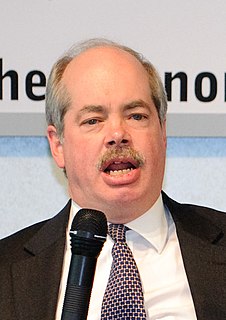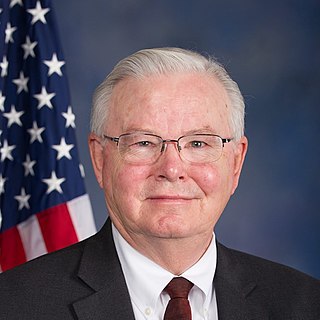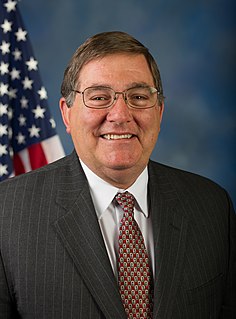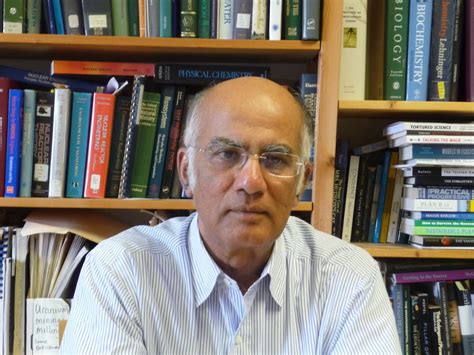A Quote by Daniel Yergin
In the mid-1980s, operating problems took [nuclear] plants off-line so often that, on an annual basis, they operated at only about 55 percent of their rated total generating capacity. Today, as a result of several decades of experience and an intense focus on performance ... nuclear plants in the United States operate at over 90 percent of capacity. That improvement in operating efficiently is so significant in its impact that it can almost be seen as a new source in electric power itself.
Quote Topics
About
Almost
Annual
Basis
Capacity
Decades
Efficiently
Electric
Electric Power
Experience
Focus
Generating
Impact
Improvement
Intense
Itself
Line
Mid
New
Nuclear
Nuclear Plants
Off
Often
Only
Operate
Operating
Over
Percent
Performance
Plants
Power
Problems
Rated
Result
Seen
Several
Significant
Source
States
Today
Took
Total
United
United States
Related Quotes
The 1,230 gigawatts (GW) of renewable power generating capacity in place at the end of 2009 now constitutes just over 25 percent of total generating capacity worldwide. This is over three times nuclear generating capacity and roughly 38 percent of the capacity of fossil fuel-burning power plants worldwide.
The world has today 546 nuclear plants generating electricity. Their experience is being continuously researched, and feedback should be provided to all. Nuclear scientists have to interact with the people of the nation, and academic institutions continuously update nuclear power generation technology and safety.
What democratic socialism is about is saying that it is immoral and wrong that the top one-tenth of 1 percent in this country own almost 90 percent - almost - own almost as much wealth as the bottom 90 percent. That it is wrong, today, in a rigged economy, that 57 percent of all new income is going to the top 1 percent. That when you look around the world, you see every other major country providing health care to all people as a right, except the United States.
The foundation is being laid for the emergence of both wind and solar cells as cornerstones of the new energy economy. World wind generating capacity grew from 7,600 megawatts in 1997 to 9,600 in 1998, an expansion of 26 percent. At a national level, Germany led the way, adding 790 megawatts of capacity, followed by Spain with 380 megawatts, and the United States with 226 megawatts. In the past, U.S. wind generating capacity was concentrated in California, but in 1998, wind farms began generating electricity in Minnesota, Oregon, and Wyoming, broadening the new industry's geographical base.
Letting the perfect be the enemy of the good is one of the reasons we have a coal-dependent infrastructure, with the resulting environmental impact that all of us can see. I suspect environmentalists, through their opposition of nuclear power, have caused more coal plants to be built than anybody. And those coal plants have emitted more radioactive material from the coal than any nuclear accident would have.
Nuclear power as a solution to global warming is theoretically possible, but the proliferation problems and accident risks it would create would, I think, be intolerable because you have to build an immense number of nuclear power plants, one large plant a week around the world for the next 40 years, to make a significant dent in the global warming problem.
Terrorists do not actually need nuclear weapons. They have been conveniently supplied with 103 nuclear power plants scattered throughout the United States (438 of these deadly facilities exist throughout the world). A planned meltdown at one of these facilities would make the World Trade Center attacks seem like child's play. The massive concrete containers protecting the reactors are not strong enough to withstand the impact of a jumbo jet.



































